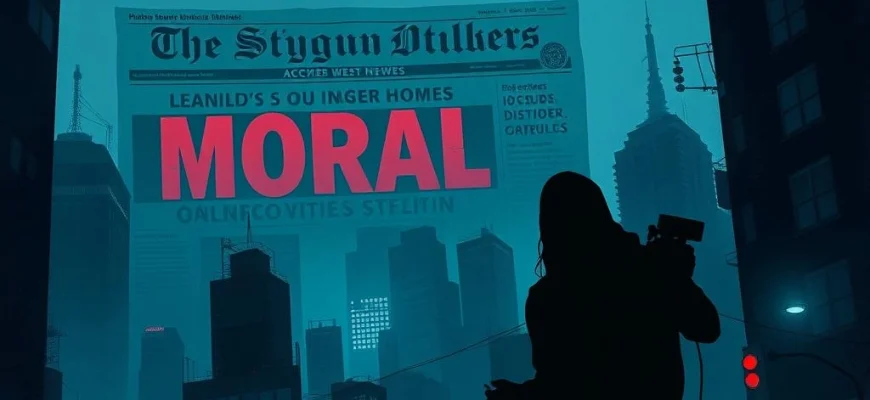If you were captivated by the cynical brilliance of Ace in the Hole (1951), Billy Wilder's scathing critique of media sensationalism, you're in for a treat. This article explores 10 gripping movies and shows that share its themes of moral decay, media manipulation, and human desperation. Whether you're a fan of noir classics or modern thrillers, these picks will keep you hooked.

Five Star Final (1931)
Description: A hard-hitting drama about the ethical compromises in yellow journalism, showcasing the destructive power of sensationalist media.
Fact: The film was nominated for an Academy Award for Best Picture. It was one of the first films to critically examine the ethics of tabloid journalism.
 Watch Now
Watch Now 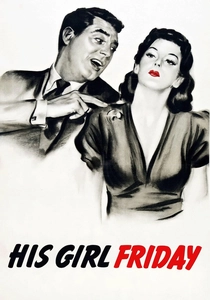
His Girl Friday (1940)
Description: A rapid-fire, witty examination of journalism, featuring overlapping dialogue and a focus on the moral compromises made in the pursuit of a story.
Fact: The film is known for its breakneck pacing and was one of the first to feature overlapping dialogue, a technique later popularized by directors like Robert Altman.
 Watch Now
Watch Now 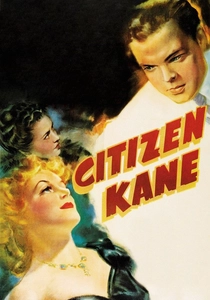
Citizen Kane (1941)
Description: A groundbreaking exploration of power, media, and the complexities of human ambition, told through innovative narrative techniques and deep focus cinematography.
Fact: Often cited as the greatest film ever made, it was Orson Welles' debut feature. The film's 'Rosebud' mystery remains one of cinema's most iconic plot devices.
 Watch Now
Watch Now 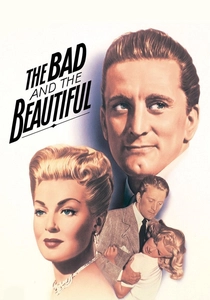
The Bad and the Beautiful (1952)
Description: A behind-the-scenes look at the ruthless world of Hollywood, filled with ambition, betrayal, and the high cost of success.
Fact: The film won five Academy Awards, including Best Supporting Actress for Gloria Grahame. It's known for its sharp script and layered characters.
 Watch Now
Watch Now 
Scandal Sheet (1952)
Description: A noirish tale of tabloid journalism gone wrong, where sensationalism leads to crime and moral downfall.
Fact: Based on the novel 'The Dark Page' by Samuel Fuller, who later became a renowned filmmaker. The film was praised for its tight pacing and suspense.
 Watch Now
Watch Now 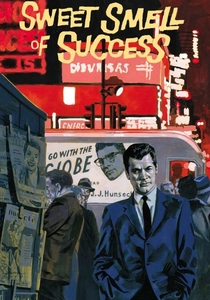
Sweet Smell of Success (1957)
Description: A dark and cynical portrayal of media manipulation and power, featuring morally ambiguous characters and sharp, biting dialogue.
Fact: The screenplay was co-written by Clifford Odets and Ernest Lehman, based on Lehman's own novella. The film was initially a box office failure but later gained critical acclaim.
 Watch Now
Watch Now 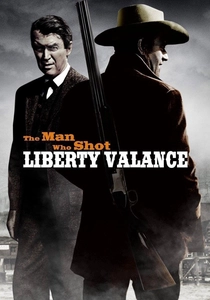
The Man Who Shot Liberty Valance (1962)
Description: A morally complex Western that deconstructs myths and legends, focusing on the manipulation of truth and the consequences of media narratives.
Fact: The film features John Wayne and James Stewart in iconic roles. It was one of the first Westerns to critically examine the genre's traditional hero myths.
 Watch Now
Watch Now 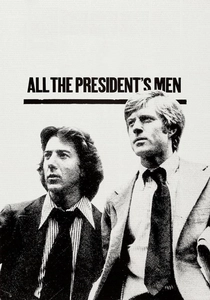
All the President's Men (1976)
Description: A gripping, fact-based drama about investigative journalism, highlighting the tenacity and ethical challenges faced by reporters uncovering corruption.
Fact: The film is based on the book by Carl Bernstein and Bob Woodward, the reporters who broke the Watergate scandal. The Washington Post newsroom set was meticulously recreated to match the real one.
 Watch Now
Watch Now 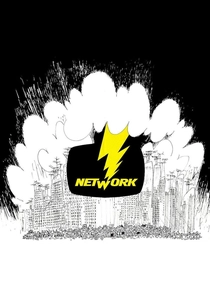
Network (1976)
Description: A scathing critique of media sensationalism and the blurring line between news and entertainment, with themes of exploitation and moral decay.
Fact: The film's famous line 'I'm mad as hell, and I'm not going to take this anymore!' became a cultural catchphrase. It won four Academy Awards, including Best Actor for Peter Finch.
 Watch Now
Watch Now 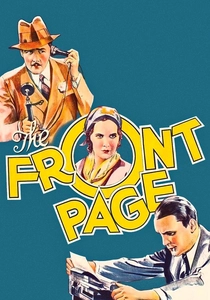
The Front Page (1931)
Description: A fast-paced, dialogue-driven story about journalism, corruption, and the ethical dilemmas faced by reporters in a cutthroat industry.
Fact: The film was adapted from a hit Broadway play of the same name. It was later remade multiple times, including as 'His Girl Friday'.
 Watch Now
Watch Now 
